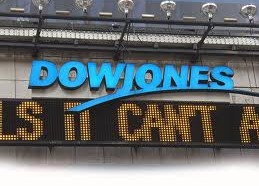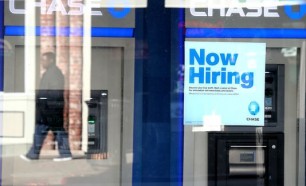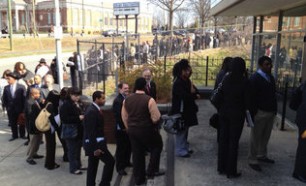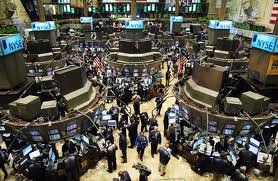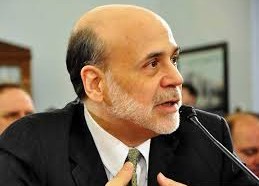[03/29/13] Consumer spending in the U.S. climbed in February by the most in five months as incomes rose, signaling an improving job market is spurring demand.
Household purchases, which account for about 70 percent of the economy, gained 0.7 percent after a 0.4 percent advance the prior month that was bigger than previously estimated, a Commerce Department report showed today in Washington. The median estimate in a Bloomberg survey of 78 economists called for a 0.6 percent rise. Incomes increased 1.1 percent, more than projected, sending the saving rate up from a five-year low.
Labor market progress and an increase in household wealth linked to rising home values and...
Read moreComments are closed Consumer Spending in U.S. Climbs by Most in Five Months


